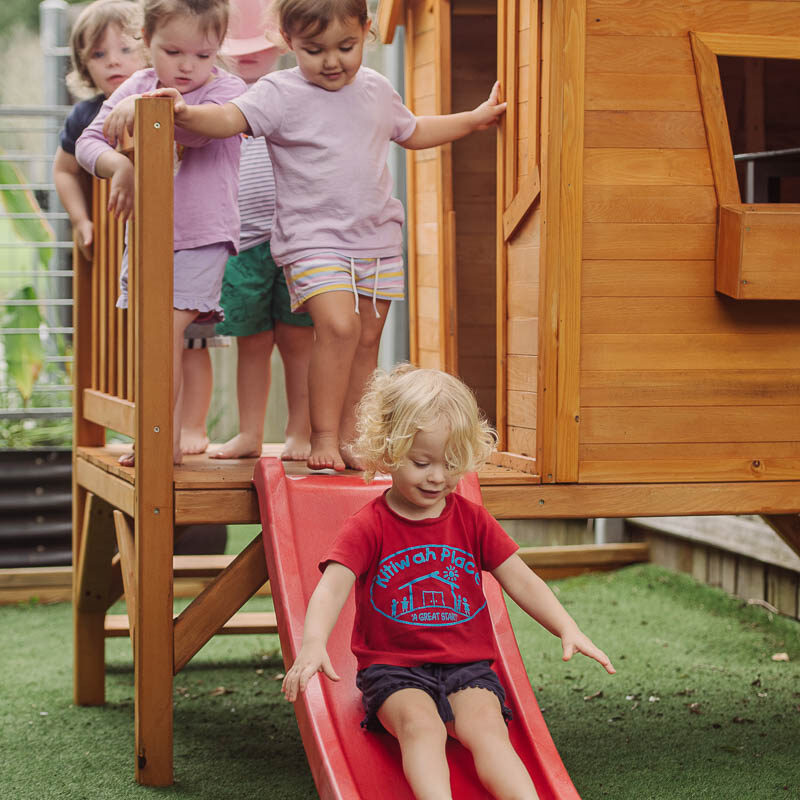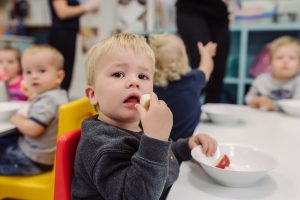International studies
consistently confirm the four essential elements needed for a child’s optimal emotional, physical, social and intellectual growth and development. These are:
- a nurturing, stimulating, caring and fun-filled environment
- qualified early childhood educators
- play based learning
- involvement of families
These studies validate Kitiwah’s long-held, core belief that a play based early years education and care environment, supported by families and the greater community, is crucial for a child’s best possible development.







